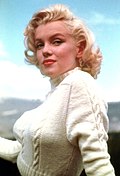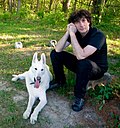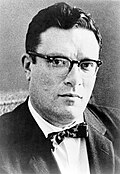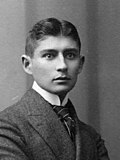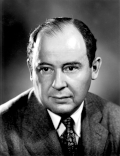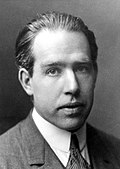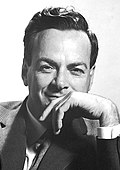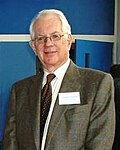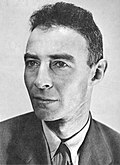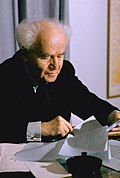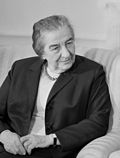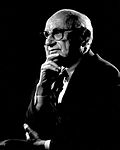This article needs additional citations for verification .(August 2012) |
| Part of a series on |
| Irreligion |
|---|
This page lists well-known Jewish atheists and agnostics. Based on Jewish law's emphasis on matrilineal descent, religiously conservative Orthodox Jewish authorities would accept an atheist born to a Jewish mother as fully Jewish. [1] A 2011 study found that half of all American Jews have doubts about the existence of God, compared to 10–15% of other American religious groups. [2]
Contents
- Entertainment
- Cinema
- Comedy
- Comic book writers
- Comic book editors
- Music
- Radio
- Sports/games
- Humanities
- Archaeology
- Arts
- Historians
- Law
- Literature
- Philosophy
- Formal, natural and applied sciences
- Astronomy and cosmology
- Biology and medicine
- Chemistry
- Computer science and artificial intelligence
- Engineering
- Mathematics
- Physics
- Public figures
- Activism
- Entrepreneurs
- Explorers
- Military
- Politics
- Public atheists
- Social sciences
- Economics
- Futurist
- Journalism
- Psychology
- Sociology
- See also
- References


